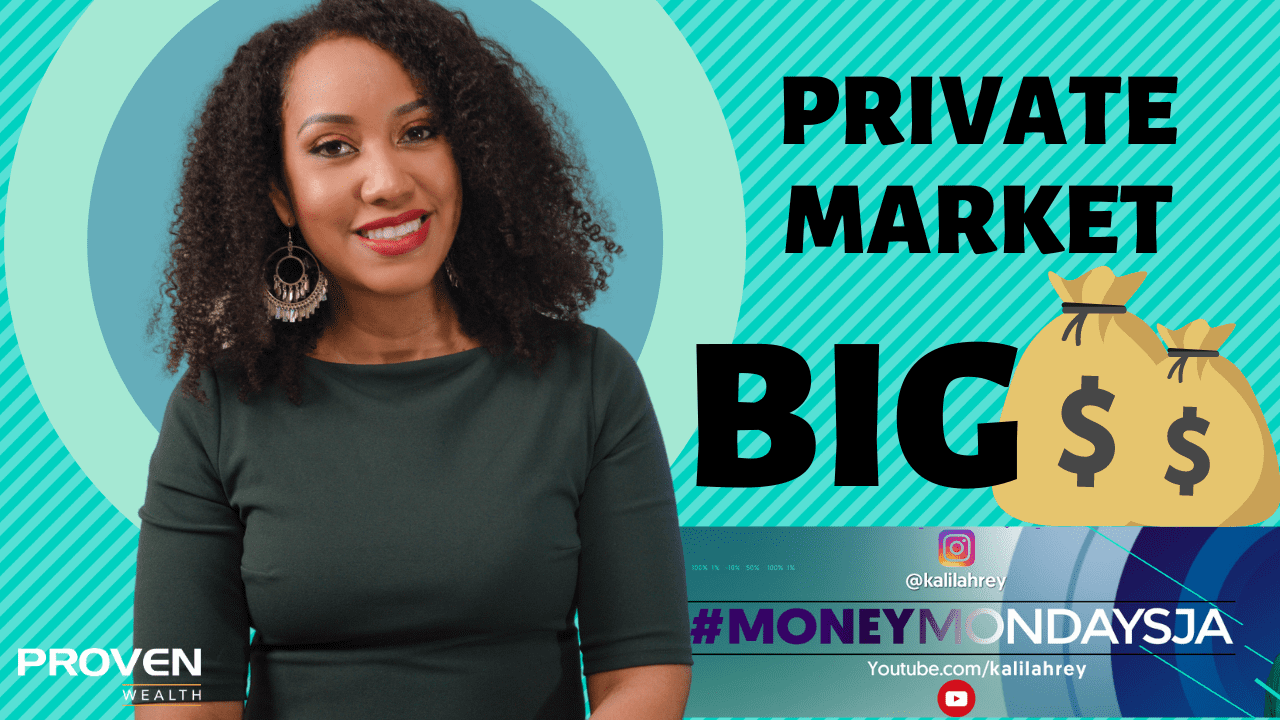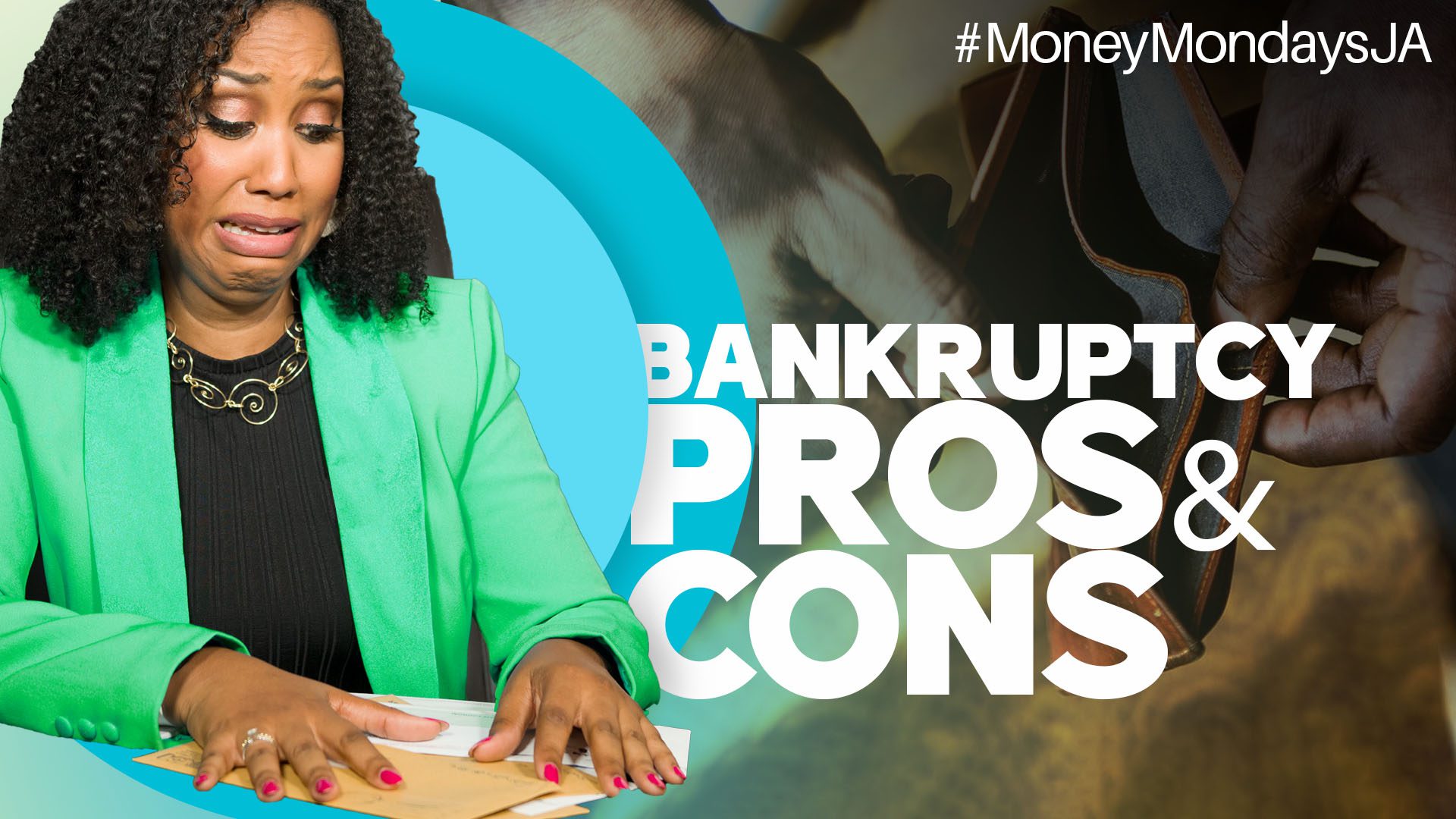SCI Upsized it’s APO and just what is an upsize?
Written by Adrian Williams
We’ve been hearing a lot about upsizing lately. PROVEN Investments, Derrimon Trading and Sygnus all upsized their APOs in the past few weeks. But what does this mean? And is it something good?
Let’s use Sygnus as our first example. SCI had a target of raising US$22 million (about j$3.3 billion). They planned to do this by selling 196 million new ordinary shares in the company, but investors were hungry for the shares, and offered to buy more than what Sygnus was actually selling. Sygnus received offers worth more than US$27 million (nearly J$4 billion). This is what they mean when they say an offer is oversubscribed.
So what happens then? Do they just leave that extra US$5 million on the table? They could… ORRRR they could upsize.
Because the JSE has been so hot in the past few years, oversubscription has become quite common, so many companies have come to anticipate this. Rather than leave that extra money on the table, they write a provision in the prospectus so that they can opt to upsize the offer – meaning offer more shares for sale. They can do this especially with APOs and IPOs because the companies have created new shares. Theoretically, they can create unlimited shares and sell them. But you know what happens with supply and demand, if there are too many shares, each share is worth less. If you have an infinite number of shares, it’s basically worthless. So companies have to decide on a limited number of shares that they’re going to sell. In these recent instances, what they’ve done is say we’ll sell x number of new shares, but if there are a lot of buyers, we’ll sell a bit more so we can collect at least some of that extra money.
In SCI’s case, they increased their share offering by 54% to 240 million new ordinary shares. PROVEN Investments did the same thing. They started out with an offer for 89 million shares, but reserved the right to offer an extra 45 million. They received heavy demand in just the first three days, and they too decided to upsize and sell additional shares in order to accept more money.
So why don’t companies just put the upsized amount as their target in the first place?
I think it has a bit to do with perception and marketing. If you listen to the principals of these companies, they often do refer to the upsized amount as their real goal. But it is a risk. If you set a very high target and don’t meet it, people might see the offer as a failure. If you set a lower target and exceed it, then upsize to meet the excess demand, then that’s perceived as a win because even if you don’t meet the full upsized target, you still exceeded your initial target. Get it?
Before buying shares in any APO or IPO it’s very important to read the prospectus. This is put out in advance of the offer’s open date. It gives you details such as the Registration and Publication date along with the Open and close date. Also, you get the share price offerings and the conditions if oversubscribed.
For example, in SCI’s prospectus, they noted, “In the event that subscriptions are received for more shares than the number of shares available for subscription and sale in this APO, the company reserves the full, unqualified and absolute right to increase the number of shares in the APO by up to a further 82,271,772 shares in order to satisfy all or part of the subscriptions in excess of the 196,372,431 shares which are comprised in the APO.
But is there a downside to this upsizing? It goes back to what I was saying earlier about supply and demand. More shares that are created in the company, will dilute the holdings of other shareholders. Let’s look at the Derrimon APO prospectus as an example. On page 40, it is noted that founder and CEO, Derrick Cotterell, owns 1.1 billion shares, which amounts to about 40% of the company. But after the APO, because additional shares have been created, his same 1.1 billion shares are now only 26% of the company. This is called being diluted. So if Derrick wants to maintain his 40% shareholdings, he’d have to buy additional shares in the APO. This becomes important for large shareholders because of the level of control they have in the company. A certain percentage may give you a seat at the board, for example, and if you become too diluted, you may lose that. There may also be other benefits to having a certain percentage ownership.
Basis of Allotment
Here’s another thing about upsizing that may affect more of the smaller investors. Like I explained earlier, when an offer is oversubscribed, it means there are not enough shares to meet the demand. This means that you might not get the full amount of shares that you applied for. In that case, you have to wait for the Basis of Allotment to be announced. This tells you how the company will distribute the shares based on the amount of persons who applied. The basis of allotment is posted on the Jamaica Stock Exchange’s website. It shows how the allocations would be made and also addresses refunds for those who didn’t get the full amount they applied for. Obviously, if you ordered and paid for five items, but the person selling can only supply four, then they have to refund you for the one that you didn’t get.
Speak to an investment advisor at PROVEN Wealth about opening your investment account today! Visit https://provenwealth.com
REFERENCED IN THIS VIDEO:
#MoneyMondaysJa – WHAT HAPPENS WHEN AN IPO IS OVERSUBSCRIBED?
https://www.youtube.com/watch?v=T-mjVtCTaE4
WATCH THIS BEFORE YOU INVEST IN PROVEN APO
https://www.youtube.com/watch?v=5034ANvAVBo
TAKING STOCK – WATCH THIS BEFORE YOU INVEST IN SYGNUS CREDIT INVESTMENTS APO
https://www.youtube.com/watch?v=M7wXHCIsbuU&t=1760s
EVERYTHING YOU NEED TO KNOW ABOUT DERRIMON TRADING APO
https://www.youtube.com/watch?v=jOhWqf87rws&t=3081s
Categories: MoneyMondaysJA
Audio Only
More #MoneyMondaysJA Episodes






Leave A Comment